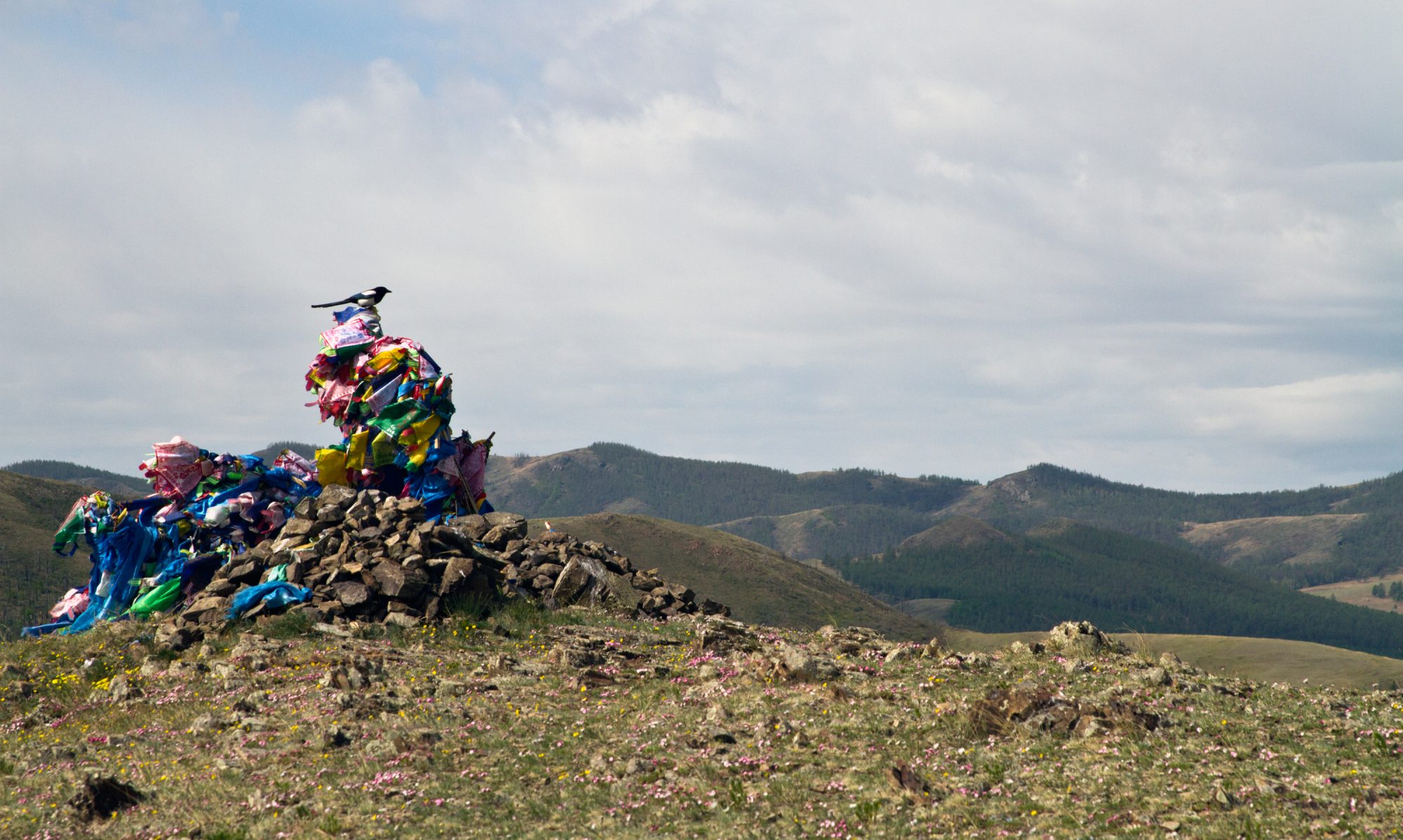Another project I’ve had sitting around is a philosophical dialogue. It bogged down because I couldn’t see what my point was. But I like as far as it got. Maybe it’ll go further. (Here’s to hoping.) You’ll see I wrote myself into a corner. Or at least I’m not sure where to go from there.
Scene: outdoors, summer. Public park.
Philo. – Hello, friend! What are you reading? Whatever it is, it has you quite by the tail: you didn’t even hear me approach. What has you so enthralled; is it another of your ancient books?
Iskander. – Oh no, it is quite new, published only twenty years ago, and not translated until ten years after that. I have become quite contemporary, you see.
Phi. – Well, what is it about? What is the gist?
Isk. – Just now, the author has begun a new topic, which I do not yet fully understand.
Phi. – Do not tell me what he has just begun just now. You never will tell a story properly, with all its parts attached: beginning, middle, end. I ask you what your interests are, and you tell me about a new fad that has only held your attention two days and in three more will be entirely forgotten. I ask you what you are planning to do, and you tell me about the most idle fancy that has occurred to you, the one you are least likely to put inhas written about that you have already comprehended, so I can judge clearly whether there is anything in this book to make it worth my while, rather than once again getting caught up in one of your windy enthusiasms.
Isk. – Let me rather continue as I have begun, and perhaps you can help me understand this difficulty.
Phi. – What difficulty is that?
Isk. – He begins by speaking of boredom, and he divides it into three kinds.
Phi. – I do not wonder that you are so focused! What could be more captivating?
Isk. – You may reconsider after you have heard me speak. In any case, if you have come only to give another exhibition of your sarcasm, I have more interesting conversation partners I can speak with, who will appreciate the work I have put in beforehand, and will treat it with the respect it deserves. Listening is as much part of the art of conversation as speaking, and it is the duty curiosity owes to thought.
Phi. – When did you become such a sloganeer? Very impressive. Yes, I will be silent and hear you out. But I will not promise not to mock you once I have heard you.
Isk. – He divides boredom into three kinds. First, there is the kind of boredom where you are attending on some one particular thing with intensity, unable to hurry its completion or to do anything but await it.
Phi. – I could comment that this is the situation you have placed me in. But I do not. Instead I possess my soul in patience, and await the sequel.
Isk. – I admire your restraint.
Phi. – Then reward it: what follows from this?
Isk. – The author draws conclusions from this regarding the nature of time.
